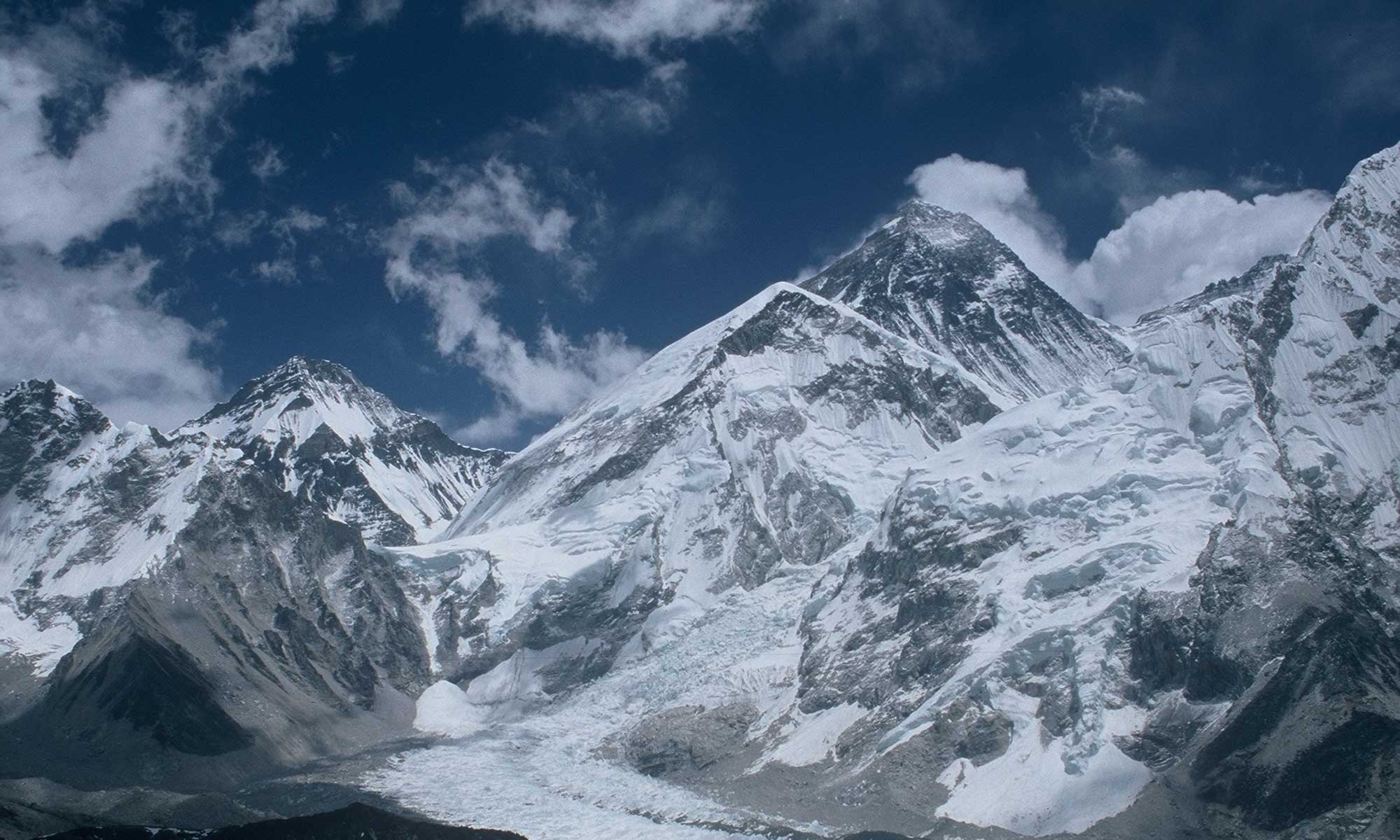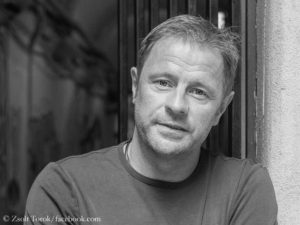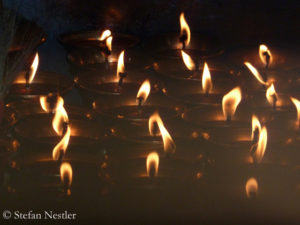Romanian top climber Zsolt Torok has fallen to his death. Last Saturday, the 45-year-old was found dead on the 2,535-meter-high Negoiu, the second highest mountain in his homeland. His wife had reported him missing after not hearing from Zsolt for three days. The two had only married in mid-July. Torok was alone en route in the Fagaras Mountains for training. The rescuers, who found his body, suspect that a boulder on which Zsolt stood had come loose in the fragile rock and dragged the climber down with it into the depth.
“Zsolt was the most experienced and strongest of us,” wrote 29-year-old Romanian Vlad Capusan, who was on several expeditions with Torok, on Facebook. “He didn’t see mountaineering as a sport, but as a lifestyle where you get better with each expedition and bring a valuable story to your fellow human beings. For him, it was never about conquering summits or breaking records, but about spiritual fulfillment on the journey up.”
New route on Pumori in fall 2018
Zsolt Torok has also left his mark in the Himalayas and the Karakoram. In 2012, Torok scaled Nanga Parbat with his compatriots Teofil Vlad, Marius Gane and Aurel Salasan. It was his first eight-thousander success after failed attempts on Cho Oyu (in 2006) and K2 (in 2010). In 2016 he succeeded in Nepal with Vlad Capusan in the first ascent of the 6,374-meter-high Saldim Ri (also called Peak 5) near the eight-thousander Makalu.
In fall 2018, Zsolt with Teofil Vlad and Romeo (called “Romica”) Popa opened a new route through the Southeast Face of the 7,161-meter-high Pumori, directly opposite Mount Everest, in Alpine style – without the support of Sherpas, without bottled oxygen and without a chain of fixed high camps. The Romanians called it “Le Voyage du Petit Prince” (The Little Prince‘s Journey).
Friend of “romantic climbing“
Zsolt told me at the end of last year that he took the new route on Pumori for his “biggest achievement now, because a world premiere is always more valuable than repeating a route”. Nevertheless, the 45-year-old didn’t want to hang the coup of the Romanian trio too high: “I do not quite agree with the rush for the premieres, because mountains shouldn’t be regarded as a vertical arena. They are more of a sanctuary. Old routes are accomplished by great men and they are just like the evergreen music, always valuable.” The “romantic climbing” to which Zsolt, in his own words, felt drawn “slowly vanishes from people‘s souls, being replaced by the thirst for the extreme”.



